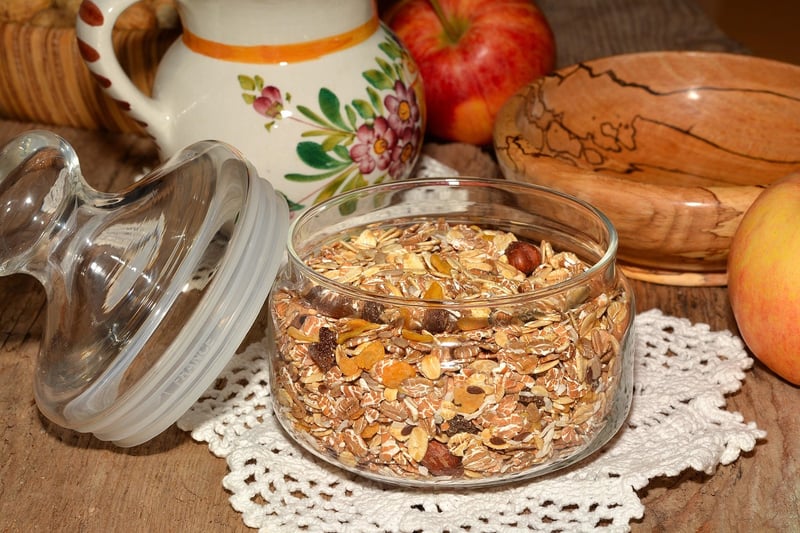Nutrient Guides
The Ultimate Guide to Healthy Eating Habits and Essential Nutrients
Introduction
Having a balanced diet is crucial for maintaining good health and overall well-being. By incorporating essential nutrients into your daily meals, you can ensure your body gets the necessary fuel to function optimally. Let's explore some healthy eating habits and nutrient guides to help you make informed choices.
1. Importance of Healthy Eating Habits
Healthy eating habits are essential for providing the body with the right nutrients in the right amounts. They help in maintaining a healthy weight, reducing the risk of chronic diseases, improving energy levels, and enhancing overall health and longevity.
Key Healthy Eating Habits:
- Eat a variety of fruits and vegetables daily.
- Incorporate whole grains into your diet.
- Include lean proteins such as fish, poultry, beans, and nuts.
- Limit intake of saturated fats, sugar, and sodium.
- Stay hydrated by drinking an adequate amount of water.
- Practice mindful eating and portion control.
2. Essential Nutrients for a Healthy Diet
Essential nutrients are compounds that the body needs for proper functioning but cannot produce in sufficient amounts. Including a variety of nutrient-rich foods in your diet can help you meet your daily requirements.
Key Nutrients and Their Food Sources:
- Protein: Found in meat, poultry, fish, dairy, legumes, and nuts.
- Carbohydrates: Found in grains, fruits, vegetables, and legumes.
- Fats: Found in oils, nuts, seeds, avocados, and fatty fish.
- Vitamins: Found in fruits, vegetables, dairy, and fortified foods.
- Minerals: Found in nuts, seeds, dairy, meat, and whole grains.
- Fiber: Found in whole grains, fruits, vegetables, and legumes.
- Water: Found in beverages and water-rich foods like fruits and vegetables.
3. Tips for Incorporating Nutrient-Rich Foods
Here are some practical tips to help you incorporate more nutrient-rich foods into your daily diet:
- Plan your meals ahead of time to ensure a balanced diet.
- Shop for fresh produce and whole foods whenever possible.
- Experiment with new recipes and cooking methods to keep meals exciting.
- Include a variety of colors on your plate to ensure a diverse nutrient intake.
- Read food labels to make informed choices about the products you consume.
- Listen to your body's hunger and fullness cues to avoid overeating.
Conclusion
By adopting healthy eating habits and incorporating nutrient-rich foods into your diet, you can support your overall health and well-being. Remember to consult with a healthcare provider or nutritionist for personalized advice based on your individual needs and goals.
Start your journey to a healthier lifestyle today by making small changes to your diet and enjoying the benefits of nourishing your body with essential nutrients!

Image Source: Pixabay
